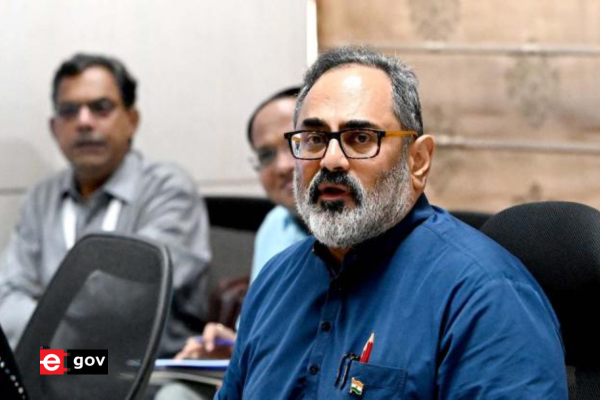
In recent developments, the Ministry of Electronics and Information Technology has made significant revisions to its advisory concerning the utilization of artificial intelligence (AI) by major social media companies in India. This move follows the ministry’s earlier directive issued on March 1, which mandated government permission for deploying AI models deemed “under-tested” or “unreliable.”
The updated advisory, released on Friday, supersedes the previous two-page note issued on March 1. The new guidelines eliminate the requirement for intermediaries to seek government approval before deploying certain AI models. However, compliance with the regulations is still mandatory with immediate effect.
Contrary to the previous directive’s demand for explicit government permission, the revised advisory suggests that AI models considered under-tested or unreliable should only be deployed in India after being appropriately labeled to caution users about potential fallibility or unreliability.

Additionally, the new guidelines emphasise that AI models must not facilitate the dissemination of unlawful content, promote bias or discrimination, or compromise the integrity of the electoral process. Social media platforms are encouraged to employ mechanisms such as consent pop-ups to inform users explicitly about the unreliability of AI-generated output.
Moreover, the revised advisory underscores the importance of identifying deepfakes and misinformation. Social media intermediaries are instructed to label or embed content with unique metadata to facilitate the detection of artificially generated or modified content while ensuring the identification of users responsible for alterations.

Notably, the term “first originator” has been omitted from the updated advisory, which is directed at eight significant social media intermediaries. These intermediaries, including Facebook, Instagram, WhatsApp, Google/YouTube, Twitter, Snap, Microsoft/LinkedIn, and ShareChat, were also recipients of the earlier advisories in December 2023 and March 1. Adobe reportedly did not receive the advisory, while Sarvam AI and Ola’s Krutrim AI were not included in the distribution list.
The March 1 directive faced criticism from various quarters, with startup founders expressing concerns about its implications. Aravind Srinivas, CEO of Perplexity, labeled it a “bad move by India.”
Also Read | 97% of phones used in India are manufactured in the country: MoS IT Rajeev Chandrasekhar
Although the revised advisory aims to regulate the use of large language models and AI by major social media platforms, it’s worth noting that these models themselves are not considered intermediaries or significant social media intermediaries under the Information Technology Act or the IT Rules, 2021.
Be a part of Elets Collaborative Initiatives. Join Us for Upcoming Events and explore business opportunities. Like us on Facebook , connect with us on LinkedIn and follow us on Twitter, Instagram.











